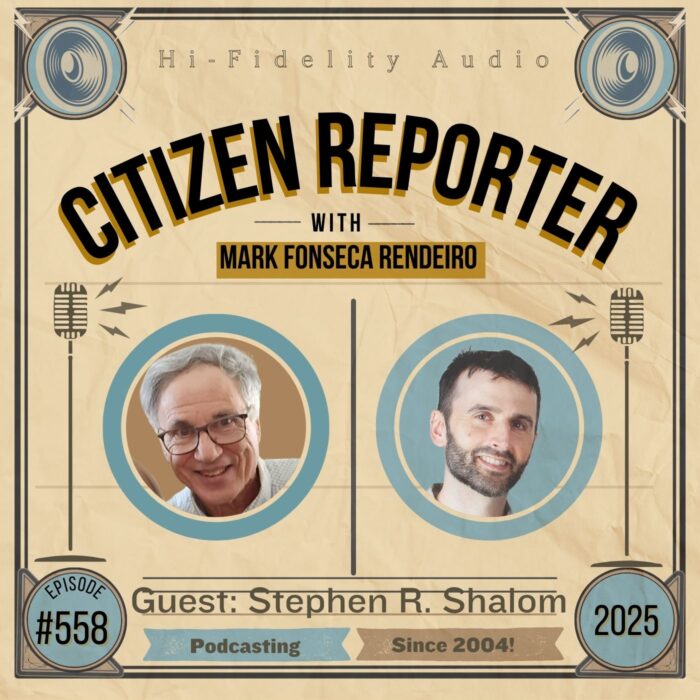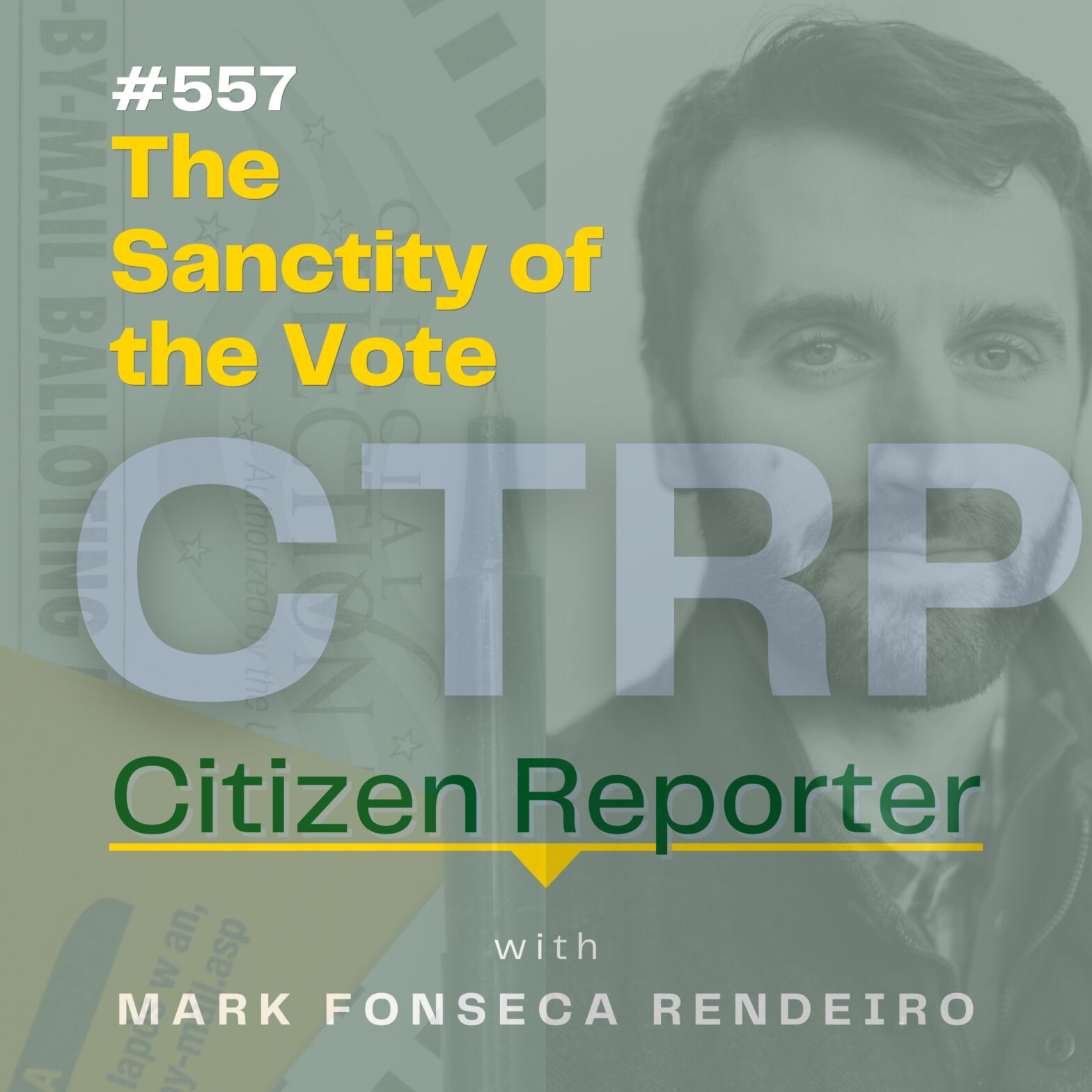Mark Fonseca Rendeiro
In Haarlem, The Netherlands
Matthew Dons
In Tokyo, Japan
In this episode, the podcast delves into a profound exploration of memory, media, and the intricate tapestry of social issues through the lens of Matthew’s journey with cancer and the evolution of a community-focused initiative in Japan. Mark reflects on an ongoing nostalgic radio trip down memory lane, to a time before the seismic events of September 11, 2001. He highlights the sense of carefree normalcy during that period, contrasting it with the profound reality that would soon envelop the world post-9/11. Mark emphasizes the human tendency to cling to humor in the face of adversity, captivated by the juxtaposition of laughter and impending tragedy.
The discussion then shifts to Matthew’s ongoing battle with cancer, which has led him to become a proponent for awareness and education through the newly formed nonprofit, Make Cancer History Japan. His experiences navigating the intricate pathways of treatment and survival serve not only as a personal narrative but also as a call to action for those facing similar challenges. The impact of immunotherapy on Matthew’s life has been profound, inspiring continuous research and outreach to elevate conversations around targeted cancer therapies.
The podcast also highlights recent achievements in establishing a nonprofit organization, which has sparked a surge of activities aimed at supporting cancer patients. Matthew elaborates on the significance of collaborating with fellow nonprofits to create a network for distributing vital information, providing resources, and fostering a community where patient voices are amplified. The development of educational materials designed for both patients and healthcare professionals reflects the organization’s commitment to bridging the gap in cancer care.
As the conversation progresses, the hosts explore the unexpected connections between chemotherapy and its long-term effects, including heart health challenges faced by cancer patients. This underscores the need for holistic education and communication. The dual guide being developed for patients and oncologists epitomizes the commitment to enhancing understanding and fostering proactive healthcare strategies.
Throughout the episode, the theme of interconnectedness permeates the discussion—whether through shared experiences within the cancer community, societal responses to trauma, or the educational disparities in healthcare. By sharing his story and the organizational efforts of Make Cancer History Japan, Matthew seeks to cultivate a robust dialogue that acknowledges the multifaceted nature of health, healing, and the collective experiences of those navigating the complexities of cancer.
The episode concludes with a discussion of aspirations to establish a physical space that will function as a research hub focused on terminal cancer care. The hosts emphasize the importance of addressing not only the biological facets of cancer but also the psychosocial dimensions of patient care. As the journey continues, future episodes will further explore the intersections of art, culture, and health, as well as shared histories and evolving narratives. The episode wraps up with a nod to the connection between these themes and John Hughes films.
Summary written by some AI tool so… its probably not accurate!








